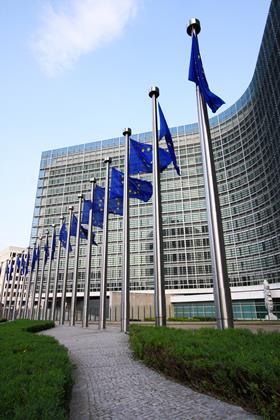
The Assembly of European Horticultural Regions (AREFLH) has called on the European Commission to support the continent’s fruit and veg producers through the coronavirus crisis.
The group, which represents the economic and social interests of producers in nine European countries, proposed exceptional actions and measures to help ensure three things: the free movement of EU goods and workers,derogations for POs, and market stability.
A spokesperson for the group said: “The situation is deeply worrying, particularly for certain productions that have already entered the harvest phase, while many regions have to face other difficulties, particularly with regard to the checks to be carried out with POs, made impossible because of confinement.”
AREFLH’s member regions and their POs met by video conference on Wednesday 25 March to prepare a joint document to send to the Commission requesting support measures for European producers.
In a letter addressed to EC President Ursula Von der Leyen and European Commissioner for Agriculture Janusz Wojciechowski, AREFLH requested urgent measures in three areas.
The first related to the right to free movement of goods and workers in the EU, with AREFLH calling for careful monitoring of disturbances in cross-border movements.
The group said several restrictions persist between certain member states, causing delays that have a negative impact on highly perishable goods such as fruits and vegetables.
In addition, it said closer cooperation between EU countries is required to allow the movement of seasonal workers and ensure their safety at work.
The second request was for derogations to be approved for POs, with exceptions for on-site checks, derogations on green harvesting and non-harvesting measures, and an increase in community co-financing from 50 to 70 per cent for all interventions (with the exception of free distribution which is already 100 per cent co-financed).
Finally, AREFLH called for the triggering of articles 219 and 222 of theCAP Common Market Organisation Regulationto stabilise markets affected by severe imbalance, as was done during theE. Coli and Russian embargo crises.
The AREFLH spokesperson said the propsoals detailed in the letter could be “implemented swiftly and with minimum budgetary adjustments, while delivering much-needed assistance to EU fruit and vegetable producers”.



